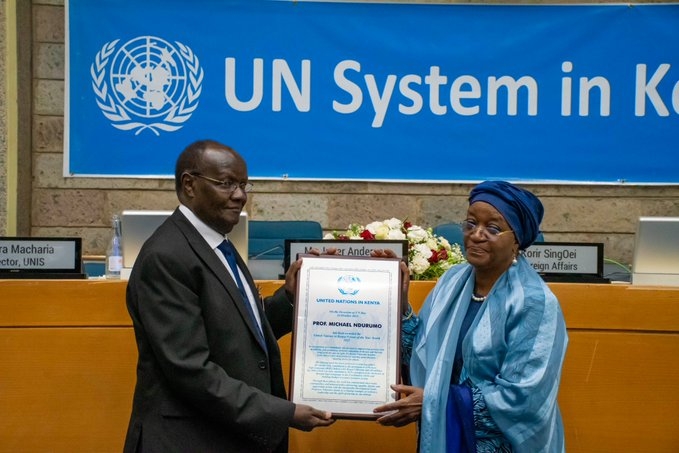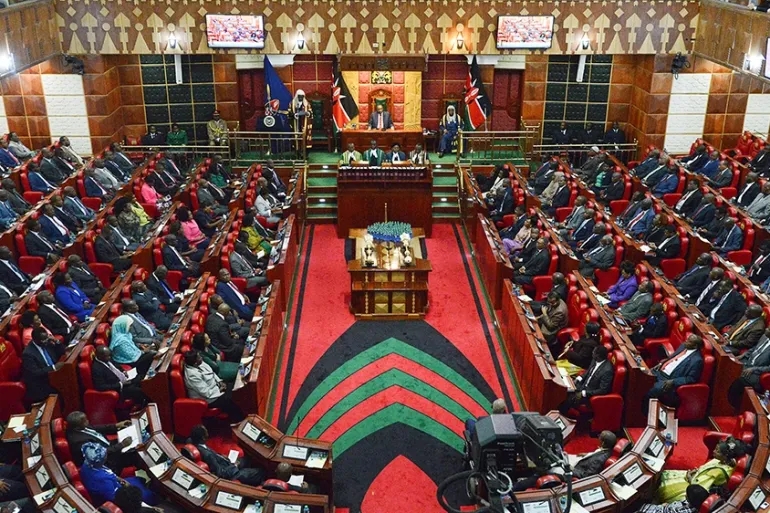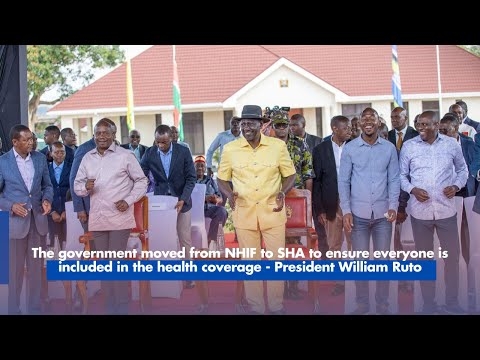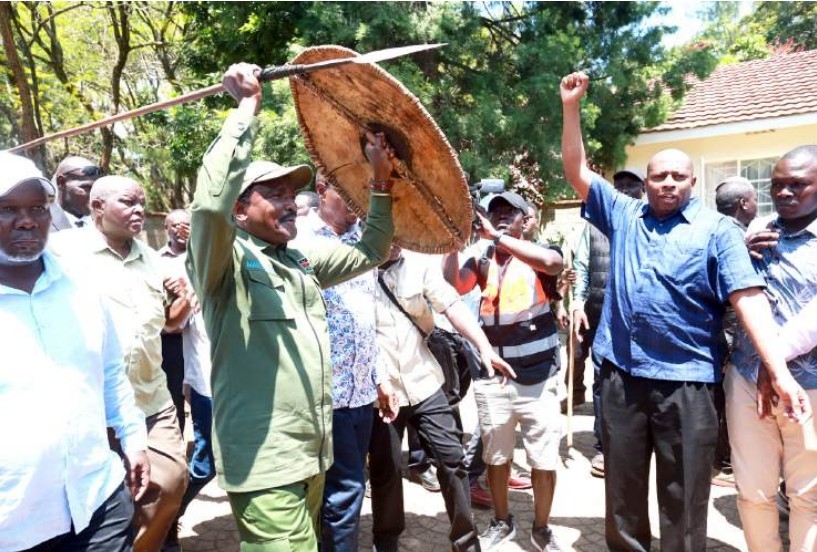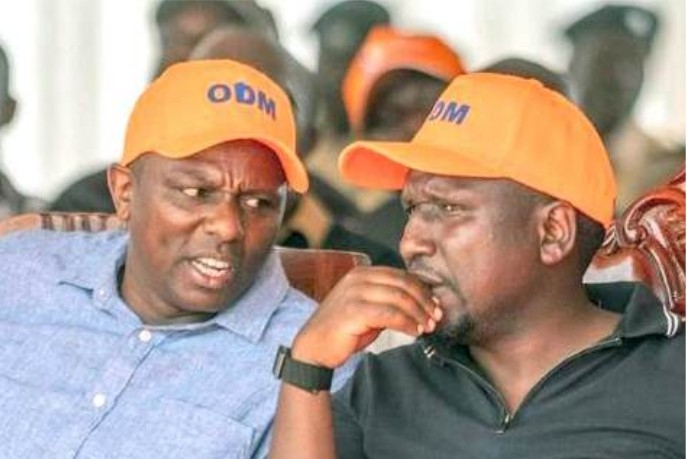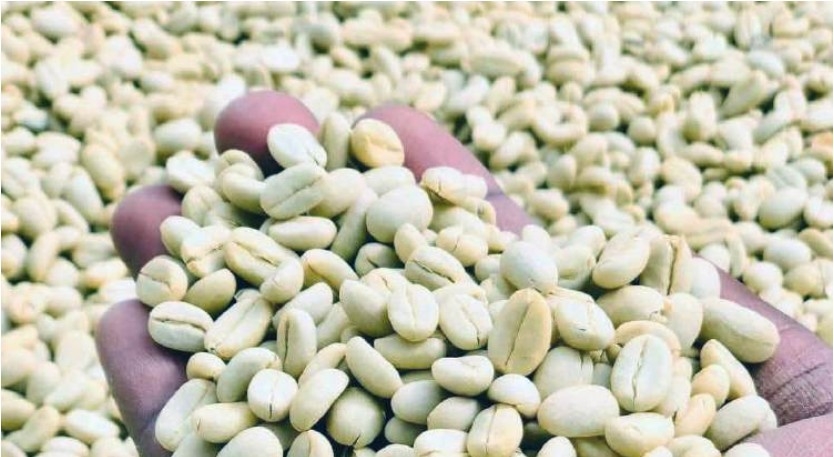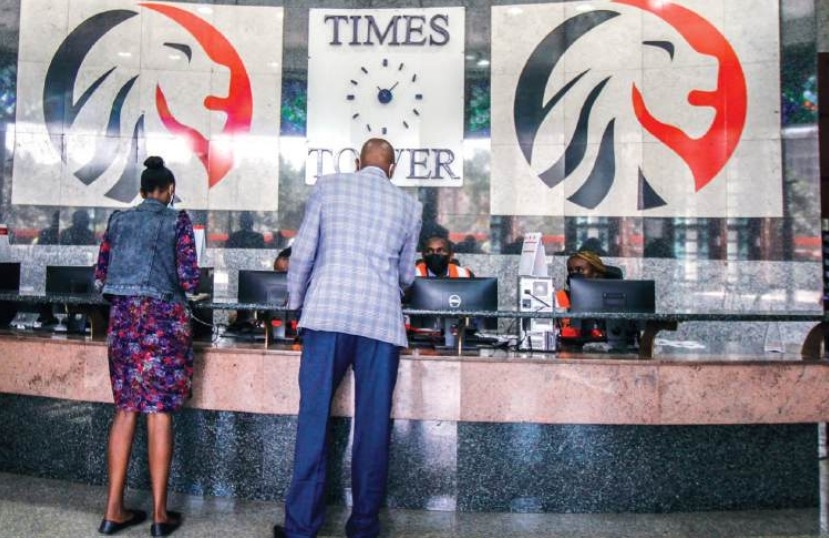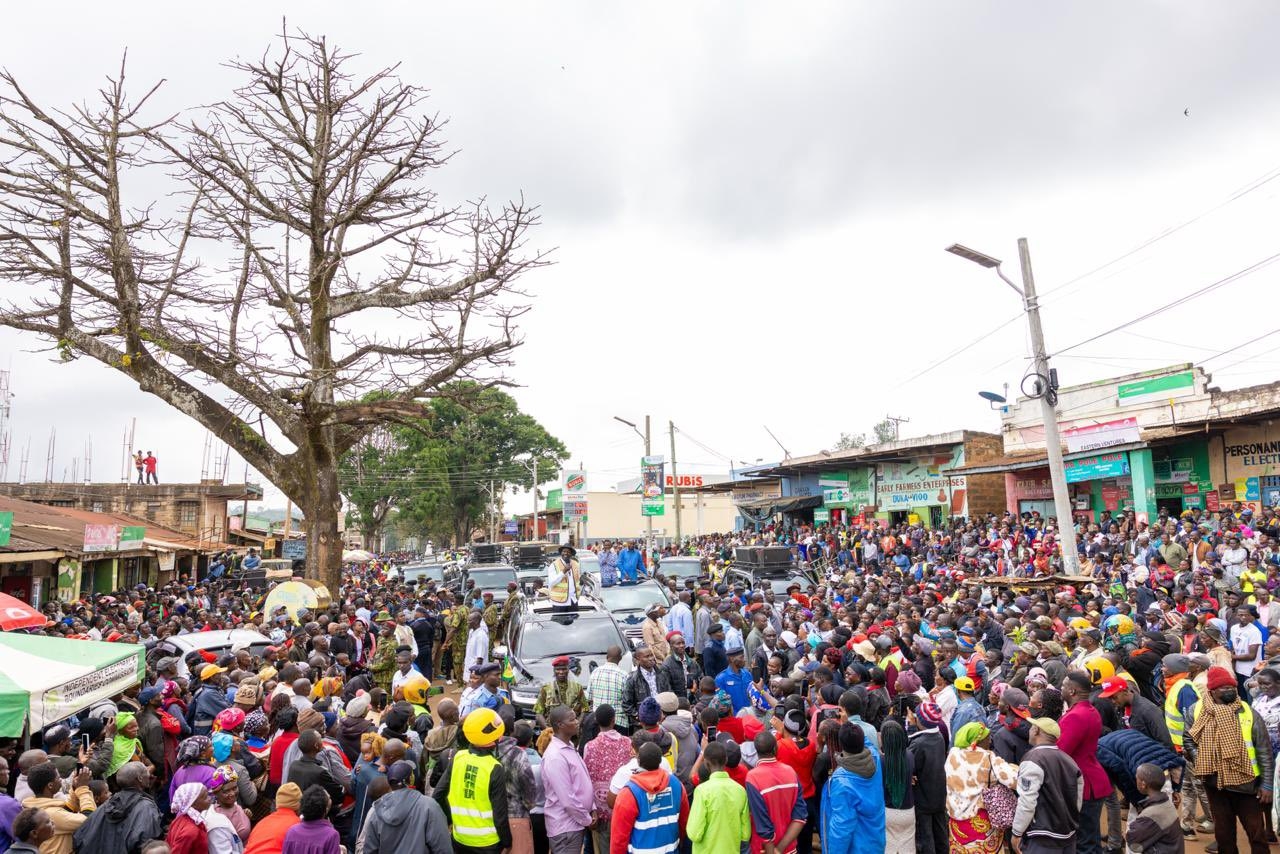
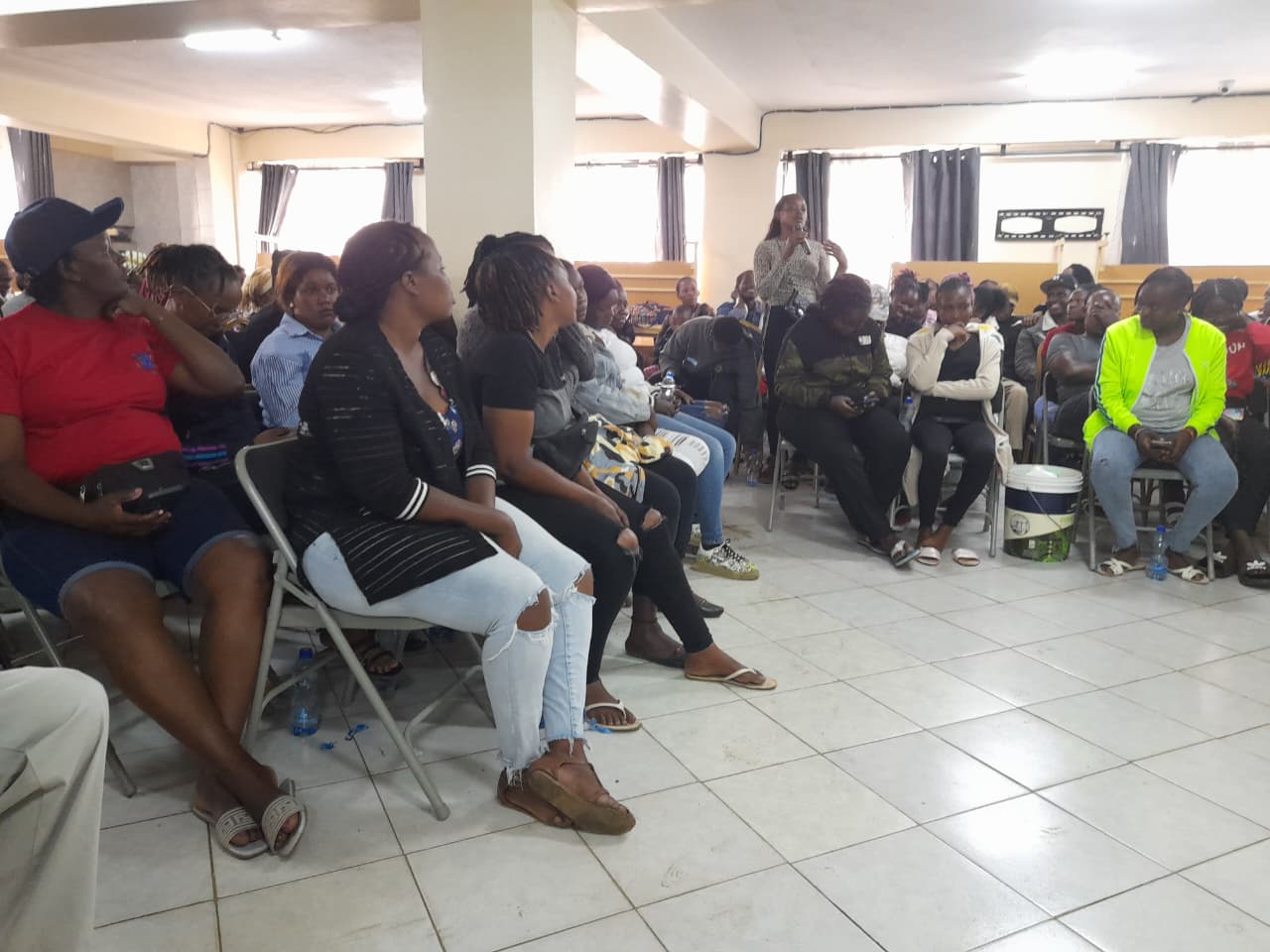
“We want to be loved and not stigmatised,” these were the opening words of one of the participants during a constitutional dialogue held on Thursday, November 13, at Koyaro Centre, Kibra.
Emily, a woman with a disability, her voice trembling, recounted the daily struggles faced by persons with disabilities in Kenya.
As the first to speak, she highlighted how the promises of the Constitution remain largely unfulfilled, from healthcare and education to youth opportunities and public participation.
The event, organised by the Feminist for Peace, Rights and Justice Centre, brought together women, youth, persons with disabilities (PWDs), and community members to reflect on how the Constitution affects their daily lives.
Discussions focused on family protection, land and property rights for women, equality, the right to health, public accountability, peaceful assembly, and protection from arbitrary arrests.
Emily spoke passionately about gaps in the implementation of constitutional provisions for persons with disabilities.
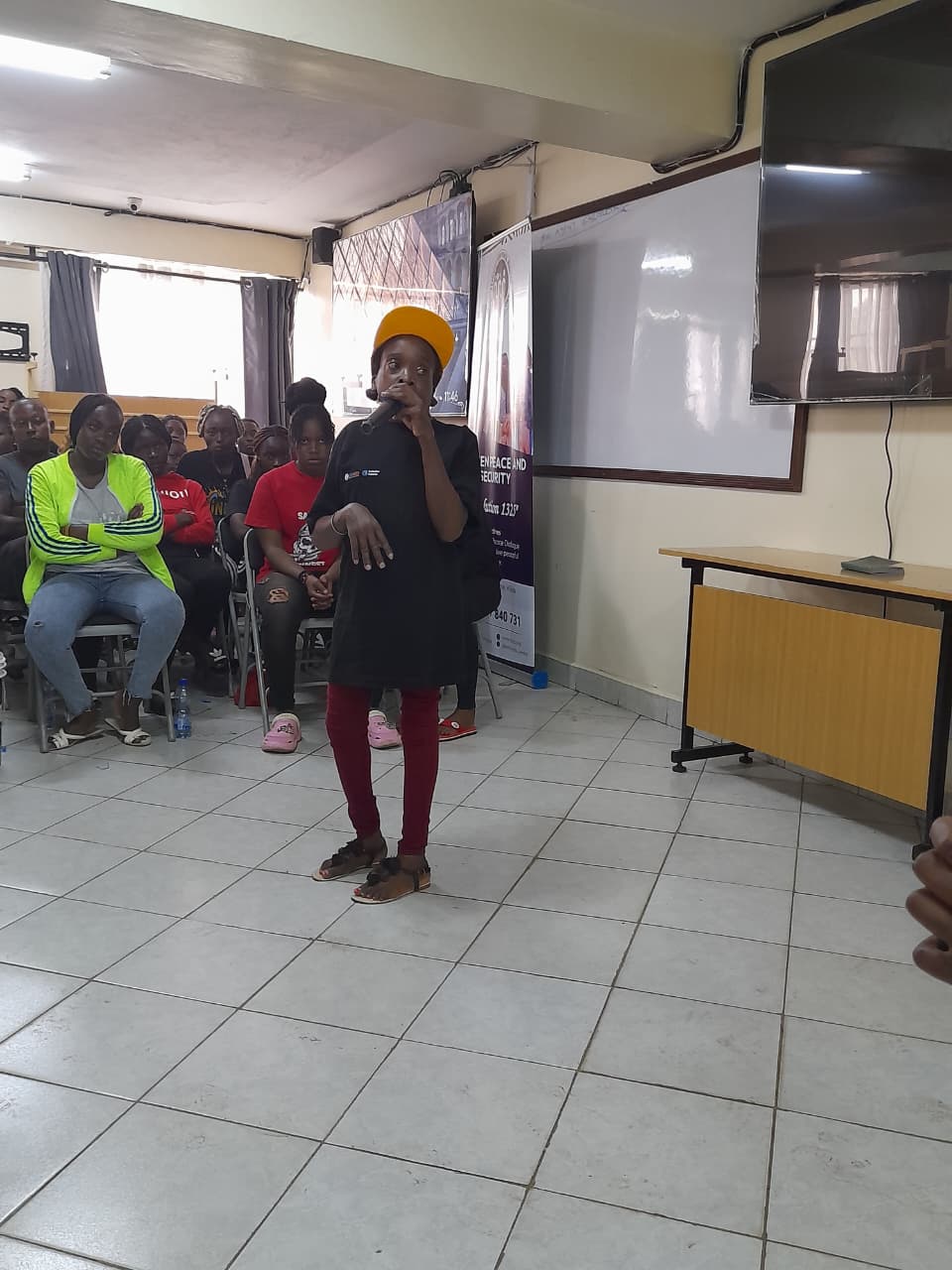
She cited Article 27, which guarantees equality and freedom from discrimination, and Article 53, which protects the rights of persons with disabilities, including access to education, healthcare, reasonable accommodation, and participation in public life.
She emphasised the need for acceptance, access to information, and more caregivers, her eyes welling with emotion as she described the daily barriers she and others face.
“Sometimes it feels like society sees us as less than human,” Emily said.
“We want to be loved and not stigmatised. We just want to live with dignity.”
Rosie, another PWD who lost her hand in an accident, shared an emotional story of stigma and discrimination.
She said that when she tried to get a new ID after the accident, some officials mocked her, insisting she use her “right hand” despite her disability.
The humiliation left her shaken, but she eventually received the document.
“It hurt so much to be treated that way,” Rosie said, her voice breaking.
“PWDs should be treated well. Thanks to the Constitution — Articles 27, 43(1)(a), and 53 — I now know my rights. Disability is just a club — one can join it any time.”
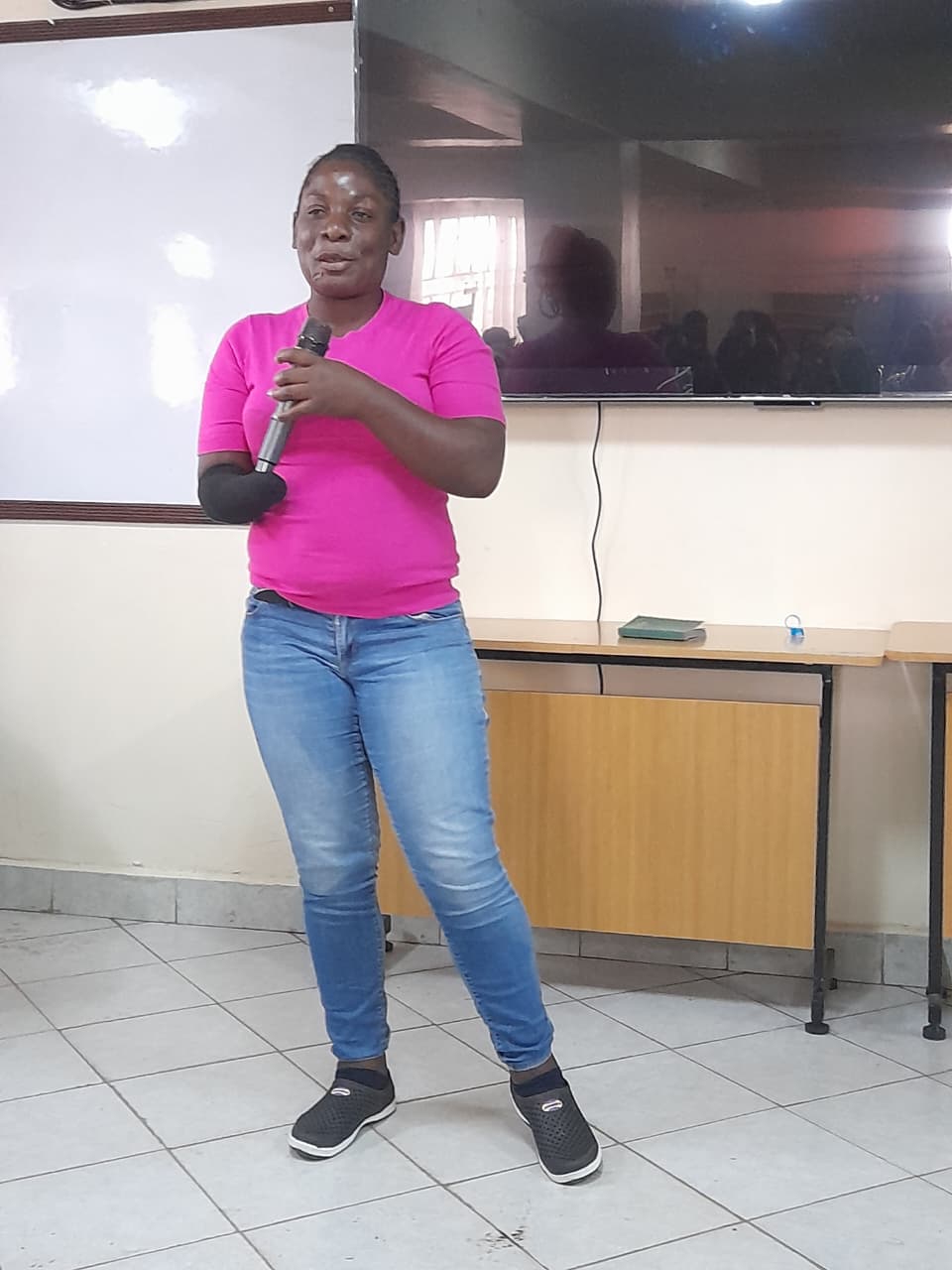 Rosie, one of the participants, during a constitutional dialogue held on Thursday at Koyaro Centre, Kibra./DAMARIS KIILU
Rosie, one of the participants, during a constitutional dialogue held on Thursday at Koyaro Centre, Kibra./DAMARIS KIILUZippy, a mother with an HIV-negative child, added that PWDs and people living with HIV continue to face stigma in health facilities, limiting access to essential healthcare guaranteed under Article 43(1)(a).
Youth participants, Fidel Ochieng and Jackson Wataka, voiced frustration over limited support for talented youth, particularly in sports, citing Article 55, which protects youth rights, including participation in social, economic, and political activities.
They said neglect pushes many into idleness or drug use.
“There are many talented young people, especially in sports, but they receive no help or recognition. Most end up idle or struggling to survive,” they said.
Participants also highlighted exploitation in job seeking, unaffordable education, and limited legal representation.
They called for Articles 46 and 59 to be fully respected to ensure equal access to land and property for men and women, protecting women from discrimination in ownership, and guaranteeing equal treatment under the law and access to justice for all citizens.
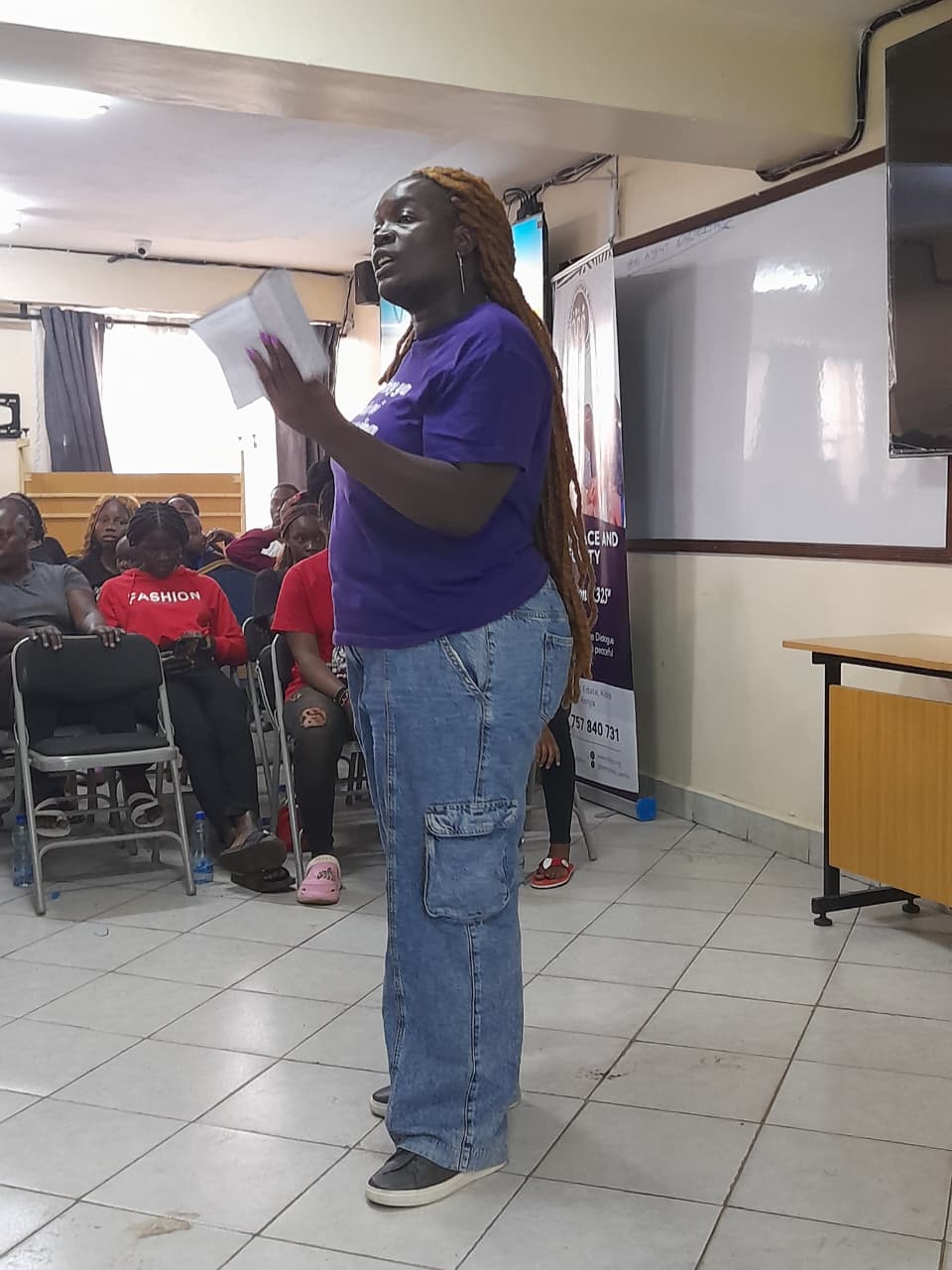 Feminist for Peace, Rights and Justice Centre founder, Editar Ochieng, during a constitutional dialogue held on Thursday, at Koyaro Centre, Kibra/DAMARIS KIILU
Feminist for Peace, Rights and Justice Centre founder, Editar Ochieng, during a constitutional dialogue held on Thursday, at Koyaro Centre, Kibra/DAMARIS KIILUFeminist for Peace, Rights and Justice Centre founder Editar Ochieng urged participants, particularly girls and women, to understand the Constitution and their rights, noting that awareness is key to addressing trauma, violence, and poverty.
She suggested the Constitution be translated into multiple languages, like the Bible, to remove communication barriers.
She also emphasised understanding devolution, encouraging participants to know the roles of county and national governments, and warned citizens not to compromise their rights through ignorance.
“Know your rights and do not be compromised,” she said.
“When women, girls, youth, and persons with disabilities understand the law, they can claim what is rightfully theirs and influence change in their communities.”
Mama Ndolo, a mother participating in the dialogue, reminded young people to take responsibility for Kenya’s future.
“It is Gen Z’s time. They should hold the Constitution well and register as voters,” she said.
The dialogue concluded with a collective call for citizens to actively engage with their constitutional rights, ensuring that guarantees of equality, health, and inclusion are not just written on paper but experienced in everyday life.


